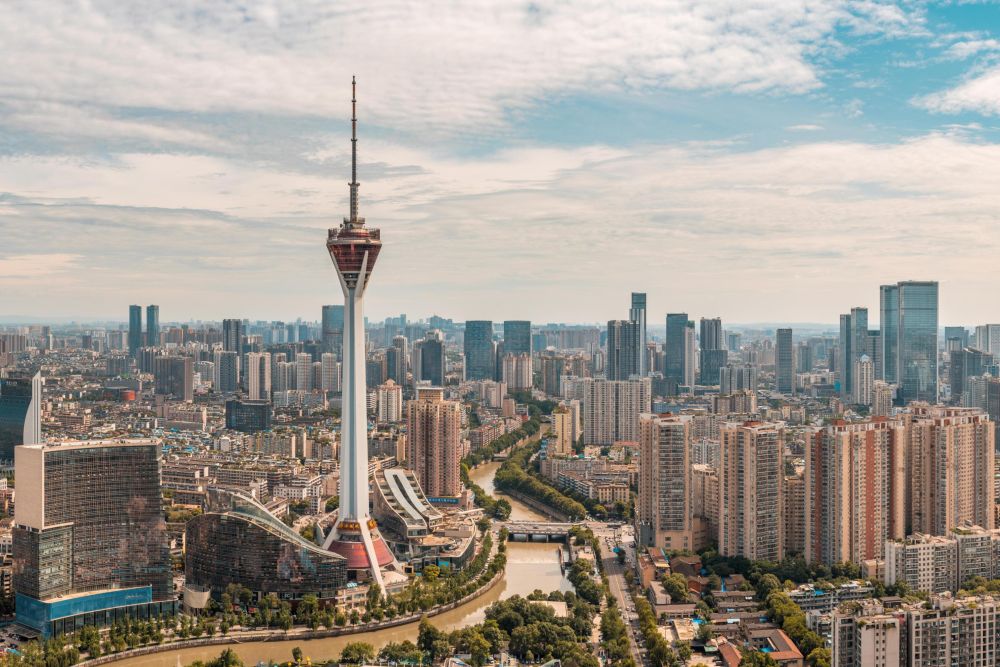

Chengdu, the provincial capital of Sichuan Province in southwest China, has a rich history that spans over 4,000 years, making it one of the most historically significant cities in China. With its storied past, unique culinary culture, and proximity to natural wonders, Chengdu has attracted travelers and traders for centuries.
Tourism in Chengdu can trace its roots back to ancient times when it served as a focal point for commerce due to its strategic location. It was a starting point of the Southern Silk Road which contributed to cultural exchanges and drew in not just business but also scholars, monks, and adventurers fascinated by the city's offerings.
The modern era of tourism in Chengdu gained significant momentum in the latter half of the 20th century, particularly as China opened up for international travel and economic development. The discovery of the Giant Panda Breeding Research Base has played an instrumental role in putting Chengdu on the global tourism map.
One of the biggest draws to Chengdu has been its association with the Giant Panda. The establishment of the Chengdu Research Base of Giant Panda Breeding in the 1980s has made the city synonymous with these adorable creatures. The conservation efforts and the possibility to see pandas up close have attracted innumerable wildlife enthusiasts and visitors from all over the world.
Chengdu's recognition by UNESCO as a City of Gastronomy in 2010 has also cemented its reputation as a destination for food lovers. The spicy and flavorful Sichuan cuisine, with its famous Sichuan pepper, has been a major tourist draw. The city's food culture is best experienced through its bustling teahouses, street food stalls, and family-run Sichuanese restaurants.
In addition to pandas and cuisine, Chengdu's rich cultural tapestry is evident in its numerous historical and heritage sites like the Wuhou Shrine, Jinli Ancient Street, and the traditional Sichuan opera performances. The city's efforts to preserve its history alongside urbanization have appealed to cultural aficionados.
Beyond the city, the allure of natural and historical sites such as the UNESCO World Heritage-listed Leshan Giant Buddha and the stunning natural scenery of Jiuzhaigou Valley has further boosted tourist interest in the region.
High-speed rail networks and the development of New Century Global Centre, one of the world's largest buildings featuring shopping and recreation facilities, reflect the latest tourism infrastructure upgrades in Chengdu. These improvements make travel to and within the city more accessible and enjoyable for tourists.
The advent of the digital age has seen a shift in how tourism is promoted and managed in Chengdu. Social media, online travel services, and e-commerce platforms have become integral in shaping the city's tourism trends and offerings, making it easier than ever for travelers to explore this Sichuan capital.
Chengdu's tourism history is a blend of ancient allure and modern convenience, positioning it as a thriving and desirable destination for a broad spectrum of travelers from around the globe.